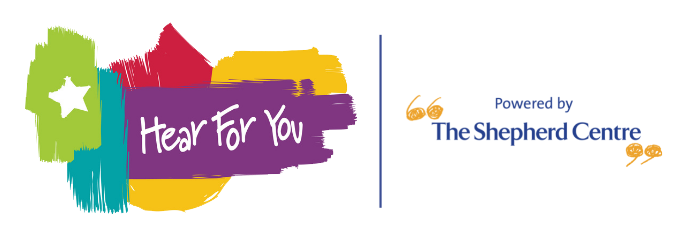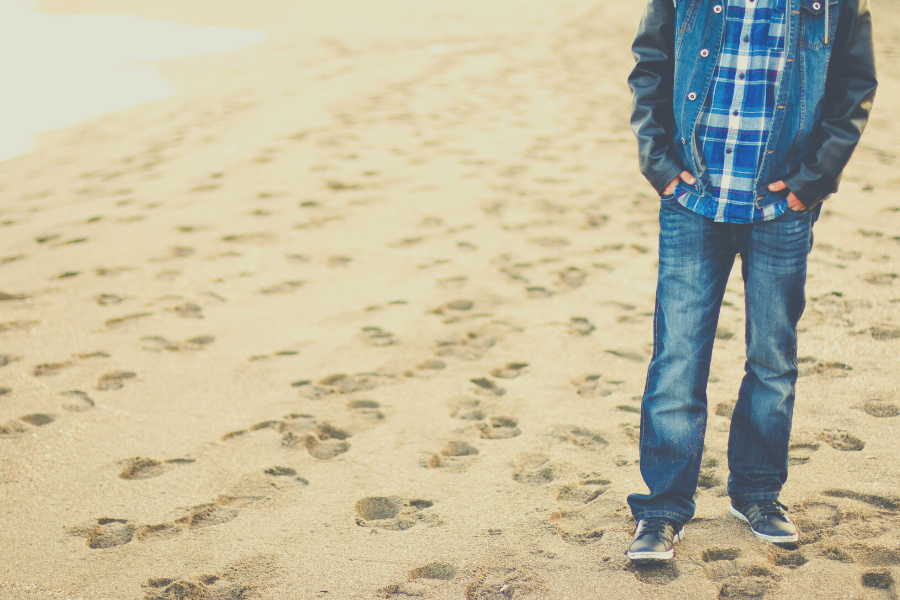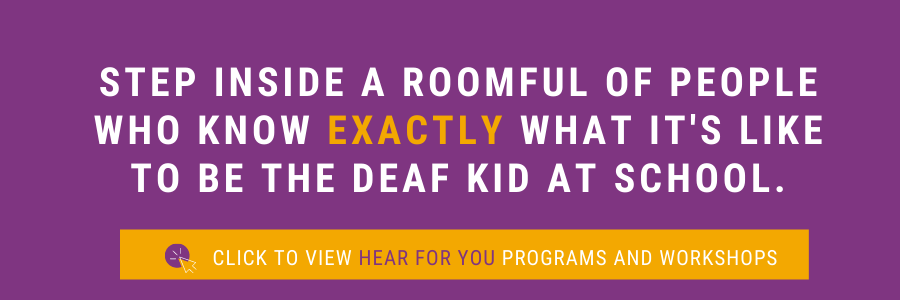It is so easy for those who are deaf or hard of hearing to feel a sense of isolation. It can be very debilitating. Hearing loss affects 1 in 6 Australians, with an estimation to continue to rise in the future.
It’s important for deaf and hard of hearing teenagers, or even adults, to have people they can look up to or who can resonate with their hearing loss experiences. These people could quite simply be normal individuals in their day to day life, but let’s consider some of the renowned Australians who have persevered through their hearing loss journey.
5 Renowned Australians who are deaf or hard of hearing
1. Elizabeth Richmond
Elizabeth Richmond is a woman who inspires many deaf and hard of hearing individuals to pursue their dreams. She is a talented musician, she sings opera and plays golf. She is also a former skier on the Australian Kitzbuhel slopes and Falls Creek, Australia. She worked as a physiotherapist in Glen Iris, Victoria, and was diagnosed with severe hearing loss fifteen years ago. Due to the advances in hearing technology, Elizabeth is able to pursue her passion of music, despite having a severe hearing impairment. Although Elizabeth’s hearing story is a common one, her perseverance and desire to live life to the fullest and pursue her passion in music is what makes her so inspiring. She does not let her hearing loss define her path.
2. Osher Gunsberg
Australian television and radio presenter, Osher Gunsberg, is best known as the host of the Bachelor and Bachelorette Australia on Network Ten. He is also the narrator of the popular Australian program, Bondi Rescue. It is interesting to note that Osher wears hearing aids in both ears. His hearing loss was obtained from working as a roadie in his teenage years, though he only realised the capacity of his hearing loss several years later. Osher also battles Tinnitus (a condition which is experienced as constant noises or ringing in the ears or head, only heard by that particular individual). However, he continues his work within the television industry and acts as an advocate for a variety of initiatives in the health sector.
3. John Howard
Former Australian Prime Minister, John Howard, revealed his profound hearing loss in late 2009. Howard was diagnosed with a severe hearing deficiency at the age of nine and has been battling deafness since then. He credits his hearing impairment to his political success and advocates for the Deaf Forum Australia. Though putting politics aside, Howard is a prime example of one’s hearing loss not limiting their ability to succeed in life. Whether this is through politics, sport or even music, nothing is impossible.
4. Kim Curtis
Kim Curtis is an Indigenous woman from the Awabakal tribe. She grew up in Newcastle Australia and discovered her deafness when she was just three years old. Many years later, Kim was stated as being one of the first deaf Aboriginal Australians to graduate with a university degree. She graduated from the University of Newcastle in 1991 with a Bachelor of Social Sciences. This was considered an exceptional achievement, as at this time there was no policy for equal access to education for people with disabilities. She also further pursued her studies and received a Graduate Diploma in Education.
Kim gained a position, prior to graduating, as a Teacher/Consultant in Tamworth for the Deaf at New England Institute of Technical and Further Education (TAFE). Kim’s dedication and commitment to the deaf and hard of hearing community has seen her achieve many things, some of which included:
- implementing captioning within regional cinemas to ensure more accessibility for deaf individuals
- Installing smoke alarms and other safety measures within the homes of deaf and hard of hearing individuals
- Developing an Interpreter Service at Tamworth Base Hospital and across the wider Tamworth community
Kim can be considered a remarkably inspiring indigenous woman within this community, having established many more accessibility initiatives in her time.
5. Cindy-Lu Fitzpatrick
Cindy-Lu Fitzpatrick is one of Australia’s top sportswomen, a swimmer who represented Australia in 2 Commonwealth games, 2 Pan-pacific games and competed at 6 Deaflympics within 20 years. Cindy-Lu has been profoundly deaf since birth, though she never let her deafness impact her swimming career and achievements. She was unable to hear the starting gun in events, and relied on vibrations or carefully watched the reflexes of the other competing swimmers as an indicator of when she could start the race. Unfortunately this meant that Cindy-Lu often had the slowest reaction rate at the start of the race and would have to push even harder during her swim. However, her determination shows, as she was ranked in the top 16 on the 1982 Speedo World Rankings list.
Cindy-Lu has held many Australian titles and competed internationally, representing her country. During her time competing she has broken 18 Deaflympics records and it was this success which titled her ‘most decorated woman in Deaflympic history’ as she holds 29 medals, which is the highest medals among women in Deaflympics.
The former swimmer now works at the University of Newcastle as an Auslan teacher, as she continues to inspire the deaf and hard of hearing women and men of today.
Why do these people matter?
These individuals are remarkable examples of perseverance and dedication. It’s important not to let your hearing loss journey define your path in life. You can succeed in whatever you put your mind to, whether it’s aspiring to be a swimming champion like Cindy-Lu or educating and spreading awareness about the need for accessibility in similar ways to Kim Curtis. No matter what it is, you can do and your deafness does not define your success.




